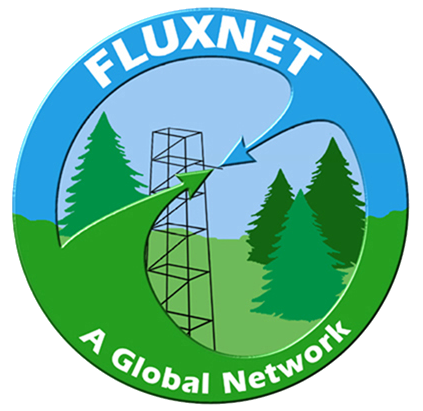Working Group Lead(s): Sara Knox ([email protected]), Xiangmin Sun ( [email protected])
Mission and goals:
This committee will bring together scientists working with non-CO2 eddy covariance data, especially the fluxes of methane (CH4) and nitrous oxide (N2O), to develop and adopt guidelines for standardizing data processing and gap-filling. Committee work will focus both on the processing protocol of raw high-frequency 10Hz data (from both open-path and closed-path laser analyzers), as well as post-processing workflows for CH4 and N2O that could be incorporated into the ONEFlux processing pipeline and future FLUXNET data products.
Committee goals will include:
– Developing flow-chart protocols for pre-processing and post-processing quality assurance and quality control for CH4 and N2O. We will optimize EddyPro configurations and provide suggestions for different laser analyzers and different gas.
– Creating and publishing open-access tutorials with scripts and reproducible examples for data handling and processing.
– Identifying ancillary variables particularly critical to non-CO2 flux science, and promoting their inclusion in future data products.
– Providing guidance on best practices for new sites looking to conduct eddy covariance CH4 and N2O flux measurements.
This Committee will work closely with other FLUXNET committees, including Data Integration, Data Processing, Ancillary Data Processing, and Open Source Code Development. Committee discussions and progress will be shared with the FLUXNET community in order to foster a community-wide conversation about the future of non-CO2 eddy covariance data processing and its inclusion in FLUXNET data products.
Member expectations:
Members of the committee are expected to regularly attend quarterly virtual meetings and actively contribute towards establishing data-processing guidelines. This may include building relationships with principal investigators in regions currently under-represented in FLUXNET, developing open-source tools for community data processing, working with Regional Networks to incorporate code into established data processing pipelines (i.e., ONEFlux), creating education material specific to non-CO2 data, and working with research groups looking for guidance on conducting eddy covariance CH4 and/or N2O flux measurements.
Working group members:
fluxnet-committee-ch4-and-n2o
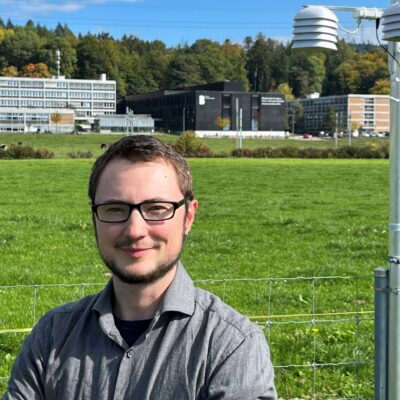
Alex Valach
Bern University of Applied Sciences
bio website

Fa Li
Stanford University
bio website
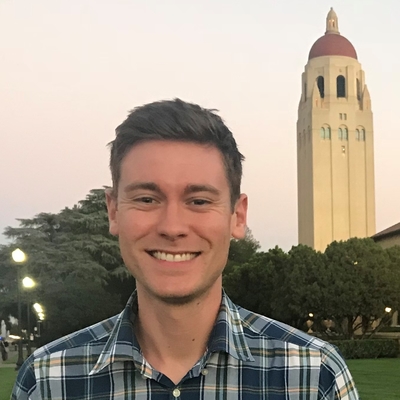
Gavin McNicol
FLUXNET-ECN
University of Illinois at Chicago
[email protected]
bio website
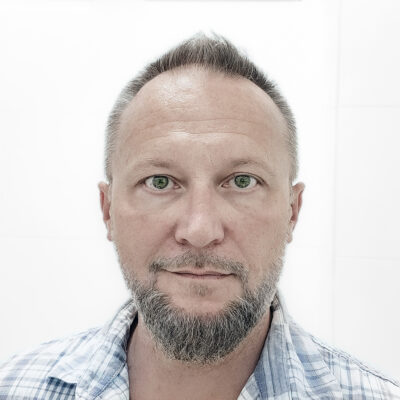
George Burba
LI-COR
bio website

Jiangong Liu
bio website

Kuno Kassak
University of Tartu, Estonia
bio website

Kyle Delwiche
FLUXNET Community Council Deputy Director
University of California, Berkeley
bio website
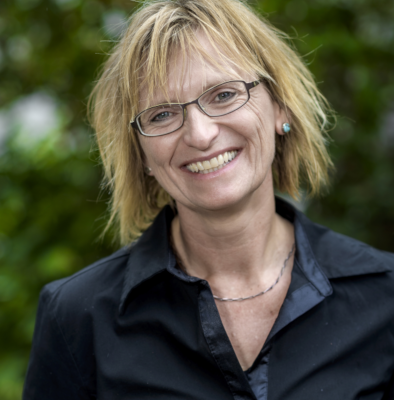
Natascha Klujn
Lund University
bio website
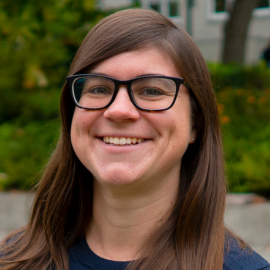
Sara Knox
McGill University
bio website
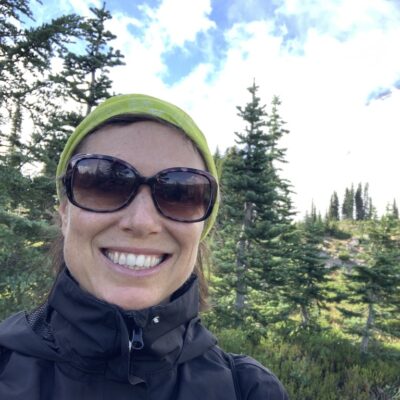
Shannon Brown
University of Guelph

Stephen Chan
Lawrence Berkeley National Lab
bio website

